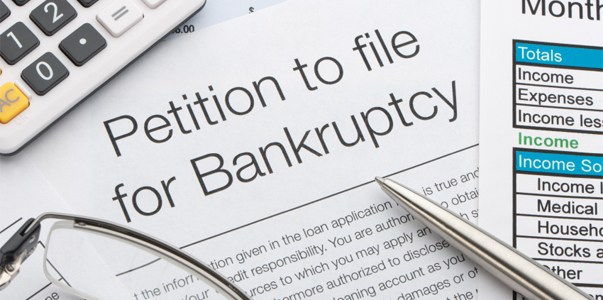What is Chapter 7 Bankruptcy?
|
Chapter 7 bankruptcy is the most common and simplest form of bankruptcy. It is available to both individuals and businesses. It provides for the discharge of most debts and may involve the liquidation of assets. Although most debts are discharged, a debtor may choose to continue payments on other debts, such as real estate or vehicle loans. Chapter 7 bankruptcy is an effective tool for individuals to get a fresh start and eliminate a significant amount of debt, such as credit cards or medical bills, but is also commonly used for temporarily preventing foreclosures, halting repossessions, stopping ongoing lawsuits, etc.
Chapter 7 Personal Bankruptcy:Individuals must qualify in order to be eligible, which is based primarily on household income, and may require application of the “means test” for higher income earning households. In limited circumstances, an individual may be eligible despite their income, so long as the individual’s debts are primarily non-consumer (i.e. taxes, business debts, etc.) debts.
Individuals are entitled to keep their exempt property. Exemptions vary depending on the individual’s state of residence, which impacts what kinds of property can be protected. Assets that cannot be exempted may be sold by the bankruptcy trustee to pay creditors, even if the payoff is only a fraction of the total debt. A fresh start is given to individuals when they receive a discharge of their debt obligations. While most debts are covered by the discharge, some very specific debts survive. These include:
Most liens on property also survive the bankruptcy. This is typical for vehicle or real estate loans. Although the individual is discharged of the obligation to pay the underlying debt, the fact that the lien remains requires the debtor to continue making the regular monthly payments on the vehicle or home loan to the lender, or otherwise surrender the collateral. But just because you are behind on your car or home does not mean you will not be able to keep them in a Chapter 7 bankruptcy. There are several options available to help you keep your property and bring your loan current. There may even be an option to reduce the amount you owe and lower your interest rate! While the future availability of credit depends on a number of issues, a Chapter 7 remains on an individual’s credit report for ten years, whereas a Chapter 13 bankruptcy remains for seven years. Our firm does not profess to be credit experts and the bankruptcy effect on credit varies from case to case. Chapter 7 Business Bankruptcy:If a business gets into a tough financial position without other resources (i.e. cash, lines of credit, etc.) to bail it out, Chapter 7 bankruptcy can provide relief. Sometimes a business can be forced into bankruptcy by its creditors. Once a case is filed, the business will cease operations, unless the wind down process is continued by the appointed trustee. The Trustee is appointed to liquidate any assets that remain in the business and distribute the proceeds to creditors.
Secured creditors have the right to seek the return of business property that was used as collateral for their debt. That right cannot be eliminated due to the bankruptcy filing. However, those creditors may be able to participate in the distribution of liquidated assets made by the trustee. A business does not receive a discharge of its debts, but the business entity is dissolved. The filing serves as an formal “going out of business” notice to its creditors and the case closes once all assets have been administered. The debts may continue to exist until the statute of limitations on those debts expires. This is important, because for most small businesses, the individual owners have offered personal guarantees on the debts of the business. If the creditors seek payment on these guarantees, the individual owners themselves may also need bankruptcy protection. Why Chapter 7 Bankruptcy?There are several benefits to Chapter 7 bankruptcy:
Call 214-609-8787 right now to schedule your Free Consultation. It's the first step toward the new beginning you deserver. |
Call 214-609-8787 right now to schedule your Free Consultation. It's the first step toward the new beginning you deserve.Get your free consultation. Just complete our short form.FREE CONSULTATIONFor more information, visit: |






